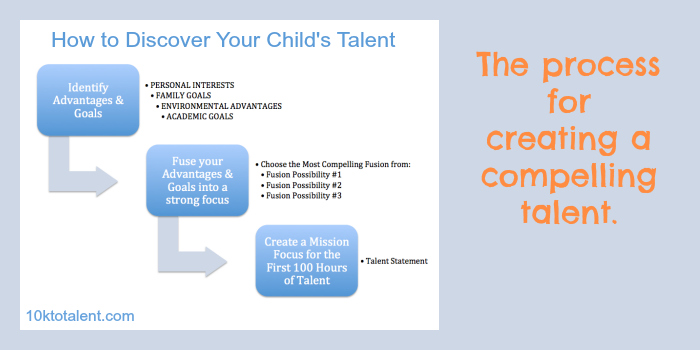I encourage you to activate the social media power in your child’s life. It is not for the sake of “hanging out” willy-nilly in a very wide world wide community, but it is for the sake of learning from great people in your child’s field of talent and for the sake of being encouraged by experts.
The benefit to using social media presumes that the purpose of your student’s talent is to gradually bring value to other people in their lives. If you cannot think of why your son or daughter could benefit from connecting online to other peers or mentors in their field of interest, then there is a good possibility that your young person has too much “hobby-ness” going on in their talent. Find a way to re-calibrate the hobby so that it becomes a valuable talent.
Where can you find individuals with whom your young person would want to stay in contact with via social media? An excellent to find them in the beginning, is by joining dedicated online communities around an aspect of the talent being developed. For example, if your daughter’s intention is to become one of the best household managers possible, then she should easily be able to outpace you in performance in her adult life if she taps into the various online communities where child rearing (for example RaisingGodlyTomatoes.com) and time management (for example GettingThingsDone.com) are discussed in great detail in closed forums. Other motivated individuals will easily be found in those forums and the conversations around the shared talent can naturally continue over time through the use of social media.
If your daughter has nothing worthy enough to share and compares notes with in conversation with peers or far-flung mentors online, then she is probably not pushing herself enough to find the latest tools and methods available to her generation. Healthy cooking alone has made strides in the last few years, in great part because of people like Wardee Harmon of GNOWFGLINS.com who have made advanced healthy cooking instruction so easily available online. And yes, you can connect with her directly online. She will not move to your street, nor you will find someone as good as her abilities living in your town that knows how to cook for families…but you can now peer into her kitchen thanks to the Internet.
Social media allows young serious and talented individuals to connect directly with other talented individuals around a focused interest. Do not let that opportunity for connecting with the best people in the country on that same narrow topic pass them up.





























